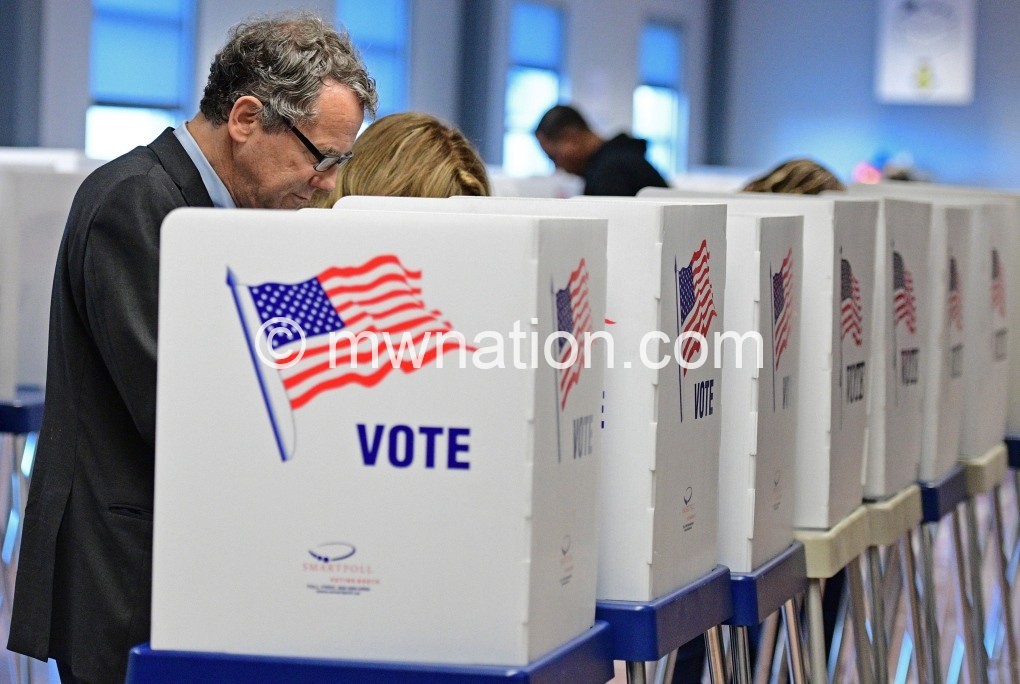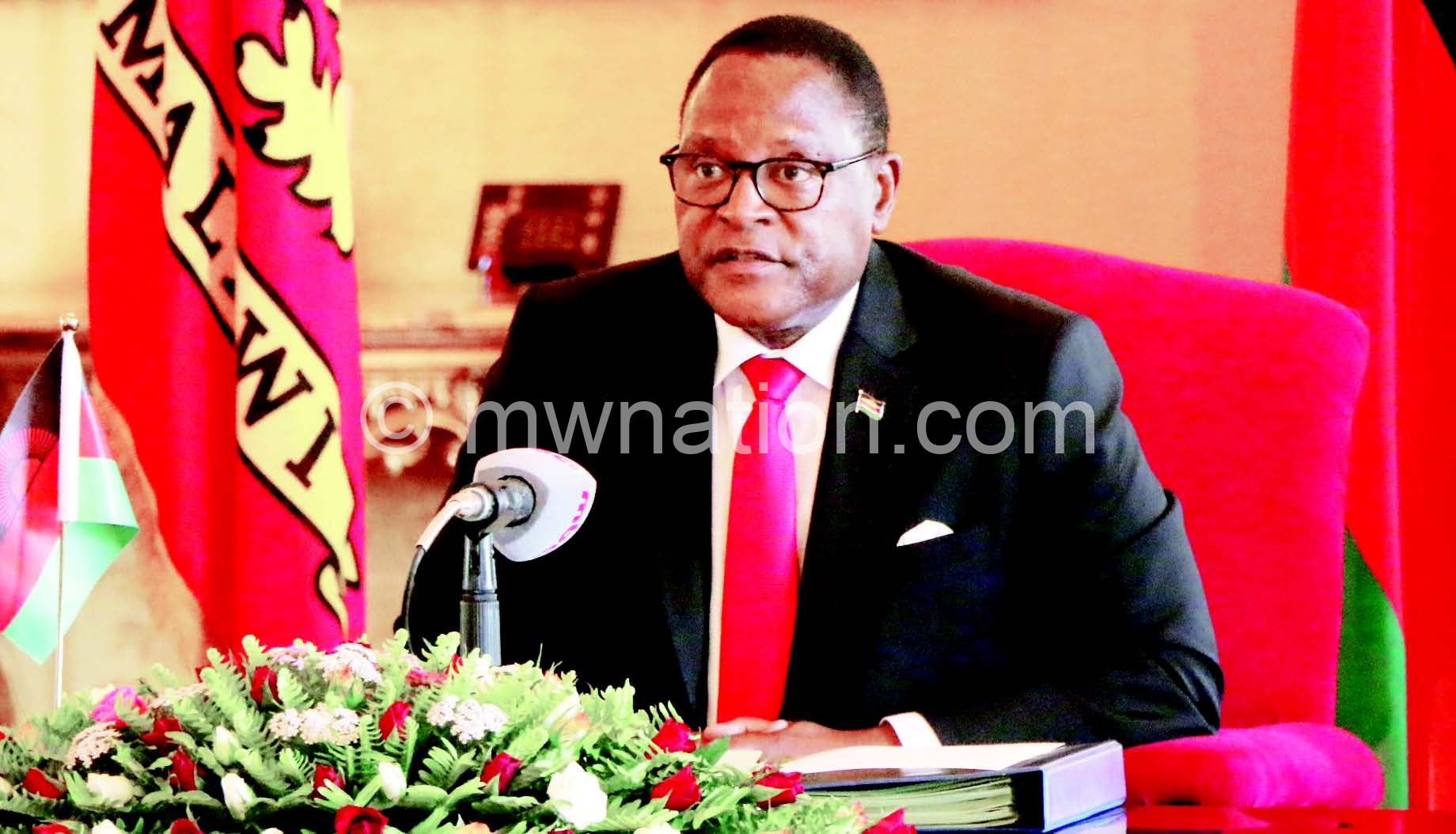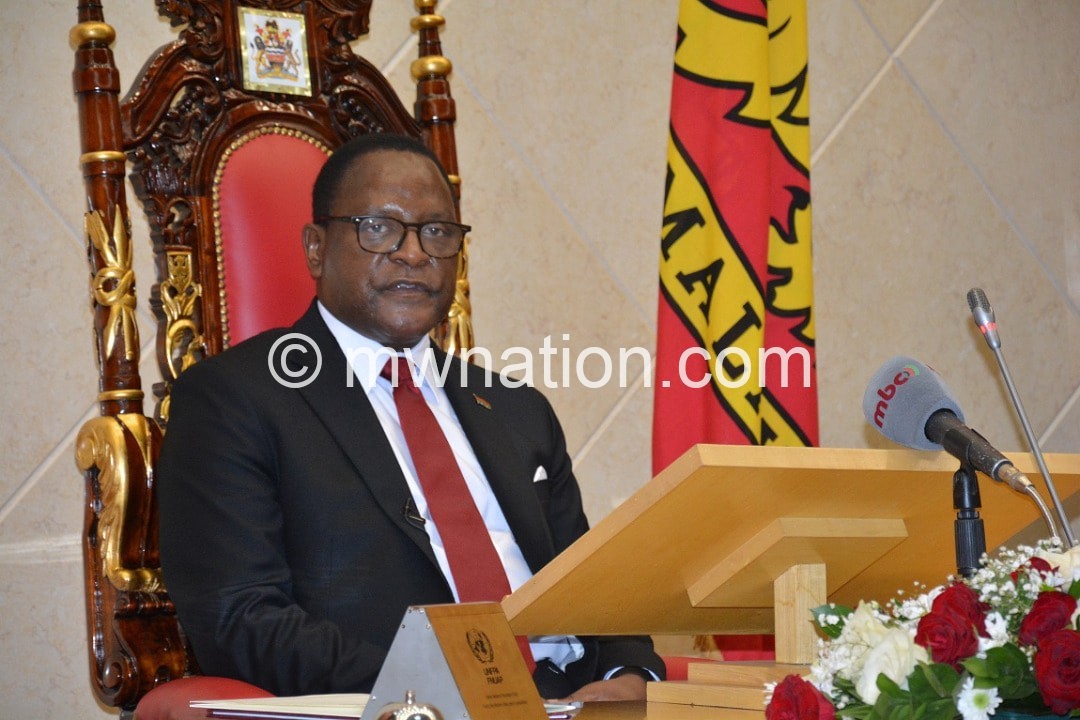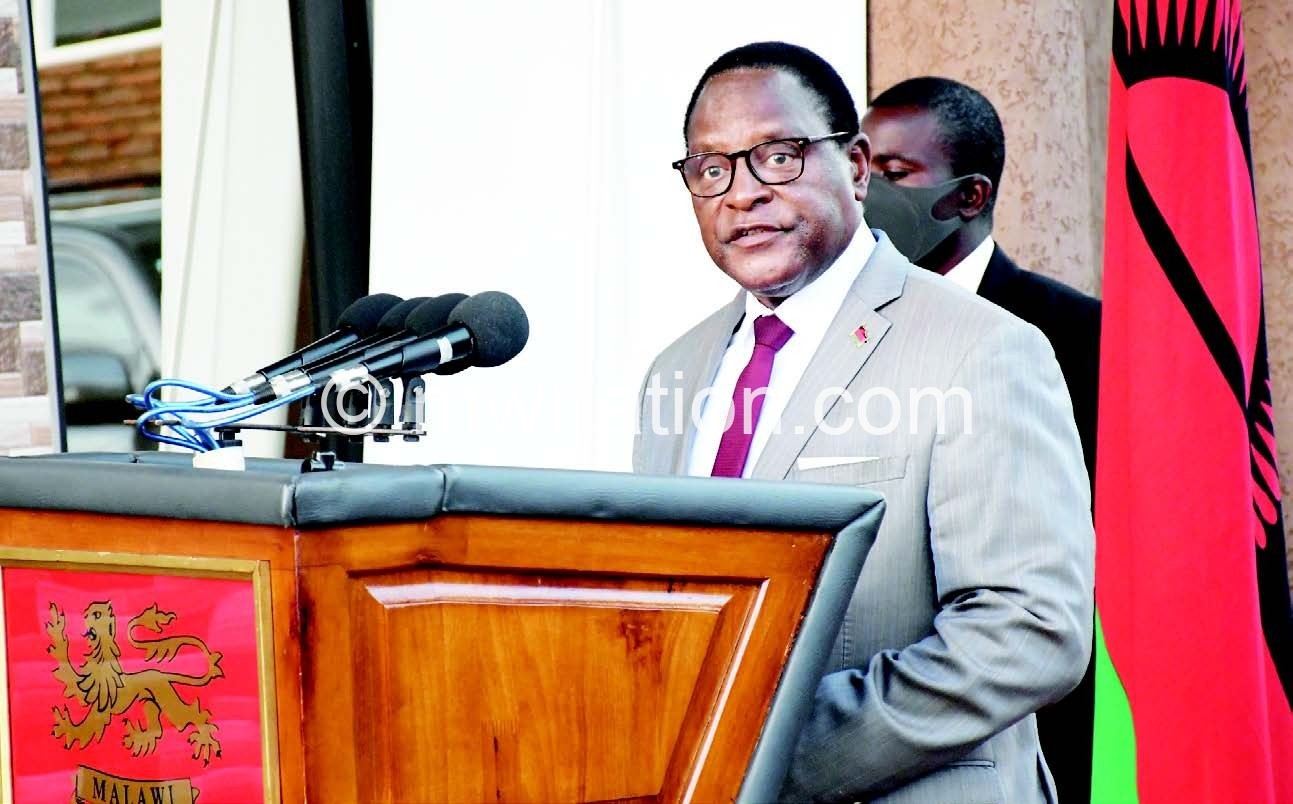Lessons from Kenyan election process
Millions of Kenyans on Tuesday turned up to vote in the 2017 general elections to elect a new government that will serve the country for the next five years.
Voters cut sleep short and began to line up as early as 21 00 pm on Monday to vote in what many are terming as game-changing elections as incumbent President Uhuru Kenyatta, a businessperson and son of Kenya’s founding father, Jomo Kenyatta, faced Raila Amollo Odinga who has tried to become president four times in the past but has never emerged victorious.
Over 150 000 police officers were deployed to provide security to election officials and to ensure everything runs smoothly across around 41 000 polling stations in the country.
I read a report in which one voter spoke of his love for Kenya: “I came here at one in the morning even though the voting starts at six. I love my country and that is why I sacrificed to be here in the cold so that I can just vote and leave for work. I am a driver so even though it’s a holiday, that doesn’t apply to me.”
On BBC, one woman with her baby shielded with folds of blankets, Miriam Njeri, said she prayed for peace so that the country did not descend into post-election violence like what happened back in 2007, when more than 1 300 people were killed and over 630 000 others displaced.
Just like in Malawi in 2014, those who voted had their fingers inked to distinguish them from those who were yet to vote. Strange as it may sound, the electoral body also inked the fingers of infants to avoid the “loaning” of children with an aim to bypass the long queues.
Close to 20 million Kenyan voters participated in the biggest polls since March 2013, according to the Kenya’s Independent Electoral and Boundaries Commission.
Whichever way it went, word on the street is that there are peculiarities in the campaign process that Malawi can learn and emulate as we await our own general election in 2019.
First, being the incumbent, Kenyatta was still entitled to State privileges and other attendant benefits, including official facilitation, security, and vehicles. However, in spite of the entitlements, during campaign there was hardly State police, soldiers or other auxiliary security outfits frustrating his closest challenger Raila’s rallies and campaign programmes.
Secondly, Kenyans saw both Uhuru and Raila, who often throw barbs at each other on the campaign trail, share light moments at social and other public events. This is unique, as in Malawi opponents are fond of calling each other names. For the two, the campaign was just that, a political campaign not a tool to create divisions.
Thirdly, the media in Kenya, public or private, my good friend in Kenya Fidel Owin attested to this, were covering both Uhuru and Raila nearly equally.
This is significant because allowing adequate coverage to both helps the electorate to make an informed decision on who they want to be their president.
After the outcome in Kenya, word on the street is that, we should learn a thing or two from our colleagues ahead of 2019 polls.





